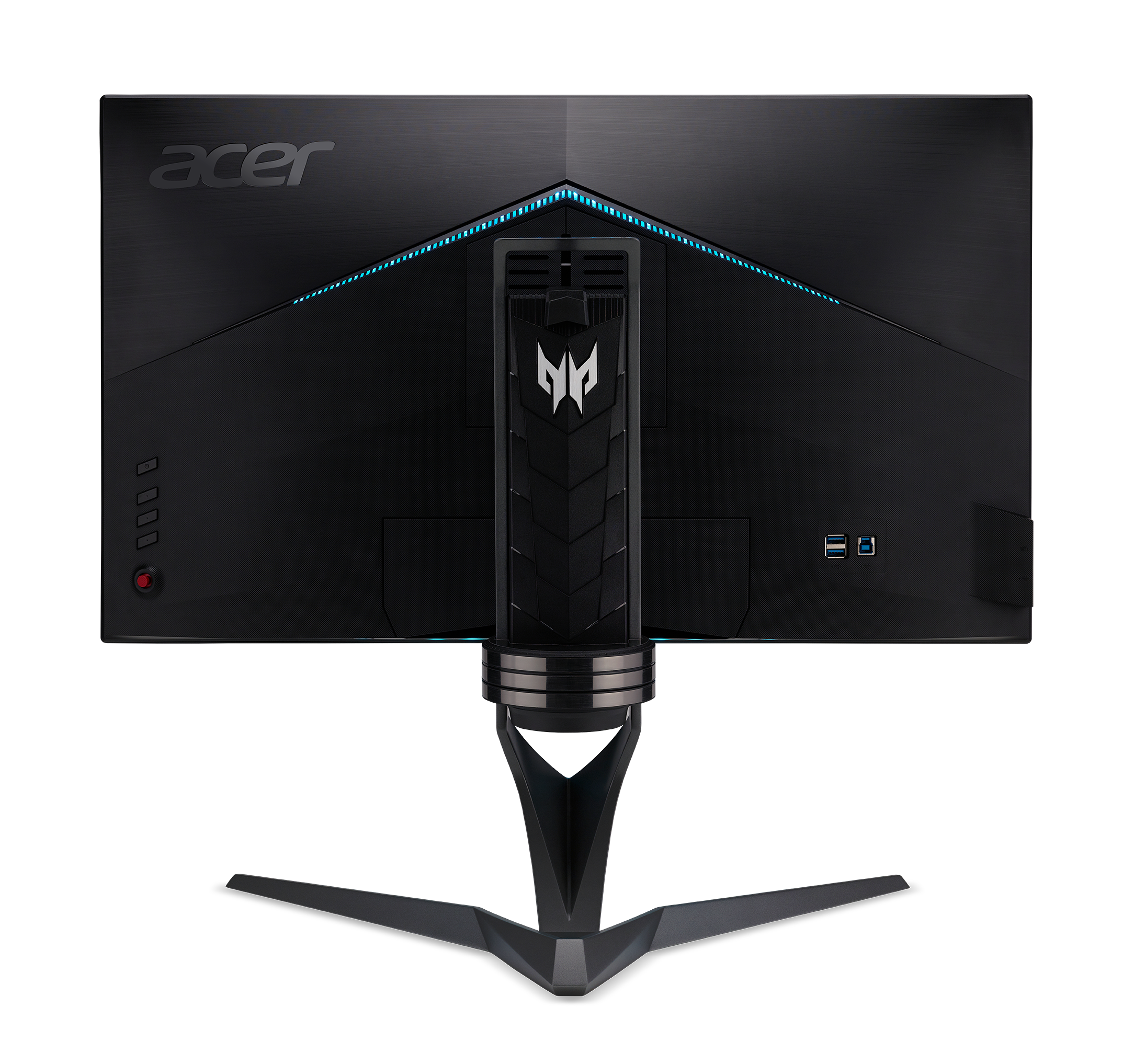
Support for G-SYNC Compatible monitors will begin Jan. G-SYNC Compatible tests will identify monitors that deliver a baseline VRR experience on GeForce RTX 20-series and GeForce GTX 10-series graphics cards, and activate their VRR features automatically. Those that pass our validation tests will be G-SYNC Compatible and enabled by default in the GeForce driver. To improve the experience for gamers, NVIDIA will test monitors.

However, the VRR gaming experience can vary widely. There are hundreds of monitor models available capable of variable refresh rates (VRR) using the VESA DisplayPort Adaptive-Sync protocol. This shows that NVIDIA has supported VESA but has never been too vocal about it. Here, instead of using the expensive G-SYNC module, NVIDIA opt for an implementation similar to A-Sync while branding it as G-SYNC. To this day, hundreds of gaming displays are available under either G-SYNC or FreeSync branding and while AMD followed an open standard, NVIDIA used their proprietary solution until they got G-SYNC out for gaming laptops too. Since then, there has been competition between NVIDIA's G-SYNC and AMD's FreeSync displays. AMD utilized the VESA standard and their Adaptive Sync technology over DisplayPort to offer a similar tear-free gaming experience. Soon after G-SYNC was announced, AMD came up with their own display technology dubbed FreeSync.

The proprietary technology and the underlying hardware meant that the monitor cost would go up drastically but in return, you'd get a quality gaming experience. NVIDIA To Support VESA Adaptive Sync / AMD FreeSync Compatible Monitors Through G-SYNC Compatible Programįor a long time, NVIDIA has been developing their G-SYNC monitor technology to offer a seamless, tear-free, flicker-free and smooth gaming experience on displays that utilize their G-SYNC module.

The initiative is to allow Adaptive Sync support with GeForce GTX/RTX graphics cards on monitors which aren't certified under the G-SYNC label and are sold as AMD's FreeSync compatible displays. NVIDIA has confirmed that they will be supporting the VESA Adaptive Sync standard through their G-SYNC compatibility / certification programme.


 0 kommentar(er)
0 kommentar(er)
